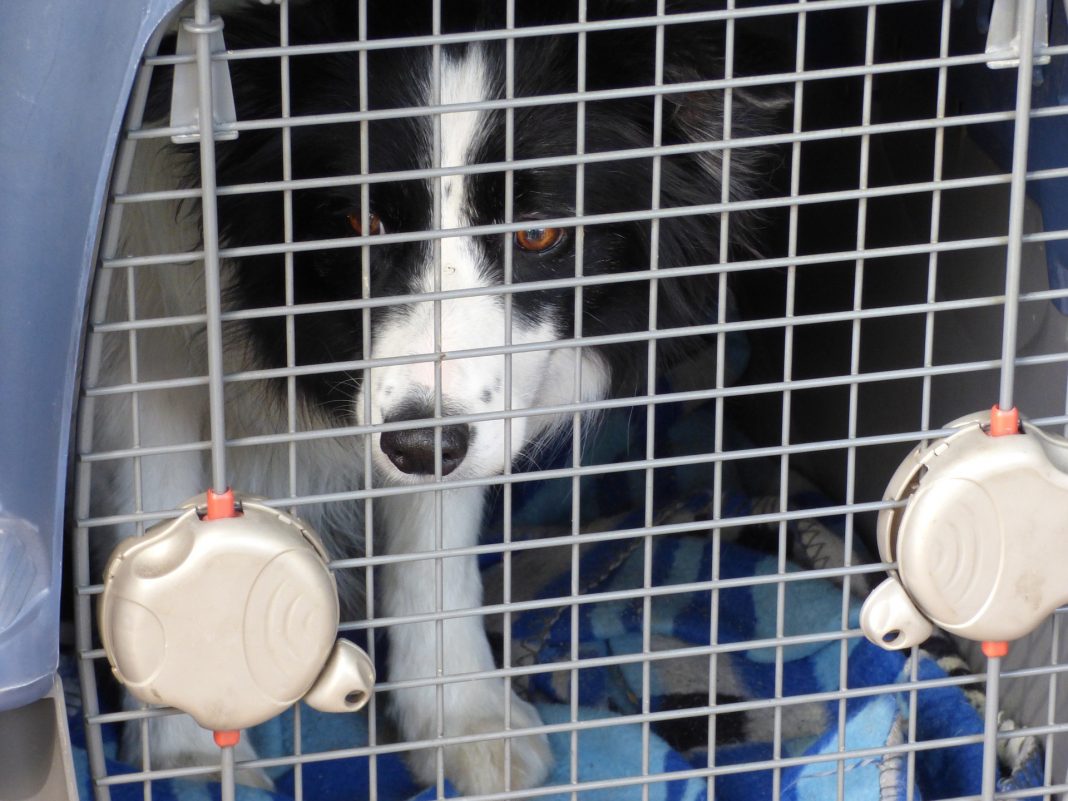Whether you agree with it or not, and even if nobody knows the likely outcome, with the UK wondering about food and drug shortages, police and emergency workers being trained for an almost apocalyptic outcome, one group of continental dwellers that so far have not been considered are those furry friends with four legs (usually), our pets.
Thanks to the European Union Pet Passport scheme, animals have had almost as free movement as their human companions around the continent, but that freedom looks under threat, according to a report from the Associated Press.
In the event of the UK leaving Europe without a deal, it is likely to exclude the country from the passport scheme, they say, which would cause unexpected problems for pets living or visiting on both sides of the Channel.
According to figures issued by the British government, over 90,000 pet passports were issued in 2017, the last year for which data is available, with a quarter of a million British pets travelling to the mainland of the continent each year.
If the UK does get kicked out of the scheme, which many experts believe is the only outcome, it will mean the return to quarantine, with pets having to stay locked up for six months in order to prove they are safe to enter the UK.
At the moment, a British pet need a passport, a rabies vaccine and a microchip. After three weeks, they are cleared to travel. Before returning home, animals get a tapeworm tablet from a veterinarian. If the pets’ vaccinations are kept up to date, the passport is valid for three years.
The British government’s spokesperson on animal issues, Chief Veterinary Officer Christine Middlemiss, says pet owners should prepare for a no-deal Brexit.
In practice, that means that the process of preparing a pet for travel would quadruple.
“If you’re looking to travel, you need to see your vet at least four months before the date of travel,” says Daniella Dos Santos from the British Veterinary Association.
A pet still needs the microchip and the rabies vaccine, but it also needs a blood test at least thirty days after the vaccine. If the pet passes that test, owners need to wait three months before they can travel, bringing the whole timeline to at least four months.
Then, Dos Santos says, pet owners need additional certification to leave the country — export health certificates — so that’s another visit to the veterinarian. Pets will also need a new health certificate for each trip to the EU.
On top of that, pet owners would be able to travel the EU from only a select few entry points, making the whole travel option a real dog’s dinner, but one that most dogs would not look forward to eating.





